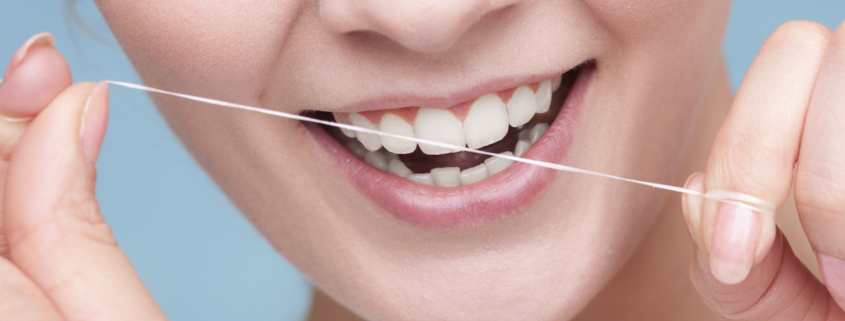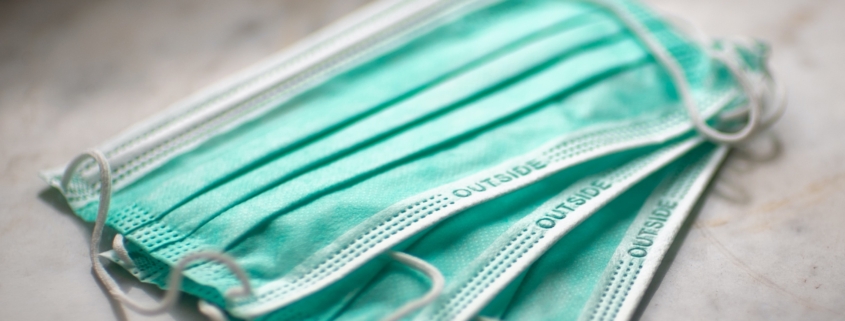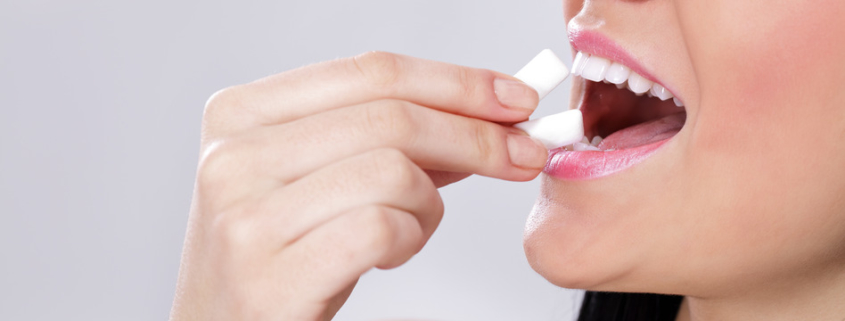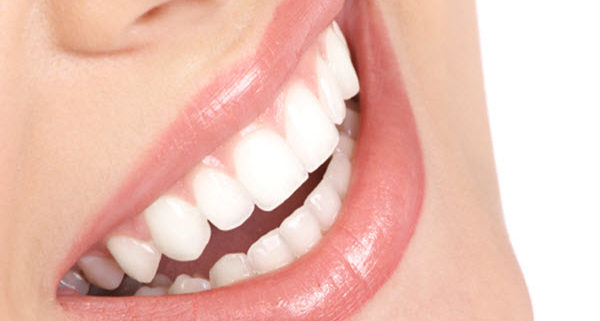Who doesn’t love the feeling of a clean mouth right after visiting the dentist’s office? But we can’t visit the dentist every day for a professional cleaning – which means, of course, that we must practice oral health at home to keep that feeling of freshness every day. So, what can we do to look after our teeth between visits to the dentist?
Here are five tips for practising better oral health at home:
- Brush your teeth twice a day – be sure to use fluoride toothpaste.
- Remind yourself to use a proper brushing technique – Think about how you brush your teeth by checking and watching what you do in the bathroom mirror. Make sure you’re getting the most out of your brushing time by holding the bristles against your teeth, then tilting them at a 45-degree angle to point up into your gums. Don’t brush hard or side to side. Move the bristles in a circular motion as you clean all surfaces of your teeth and gums. Don’t forget to brush the top of your tongue, as bacteria live there too.
- Replace your toothbrush regularly – they should be replaced every three months – once the bristles are worn past a certain point they don’t clean as thoroughly and can also damage gums. If the brush bristles splay out like a toilet brush you are probably brushing too hard or with the wrong technique – check number 3 again!
- Don’t forget to floss, flossing once per day is recommended to clean the areas of our teeth and gum line that a toothbrush simply can’t reach. Be sure to ask your dental team about the best flossing method to use and be sure to let your dentist know if your gums bleed or you experience pain while flossing. Martin advises flossing at night before brushing, this gets rid of the plaque between the teeth and allows the fluoride toothpaste to get to those hard to reach interdental areas and promote enamel healing. Flossing at night means 8 hours of minimum plaque on your teeth, isn’t that great.
- Avoid sugary foods and beverages, as bathing your mouth in sugar throughout the day leaves your teeth and gums at the mercy of acid producing plaque which love regular sugary snacks! Lowering the number of sugary drinks you consume throughout the day by replacing them with water will do both your mouth and your health in general a favour!
Good oral health means far more than a white smile and pleasant breath
Our oral health affects the rest of our body, so being focused on keeping teeth and gums free of food and plaque benefits us long after we’ve visited the dentist’s office.
As you can see from the points above, it doesn’t take much time or effort to practice good oral health at home – so there’s no excuse not to!








